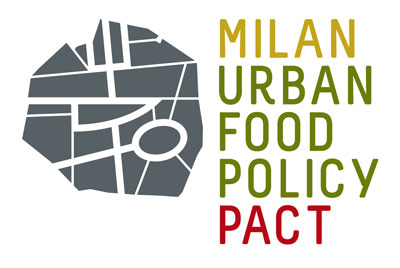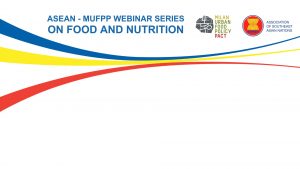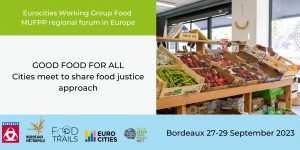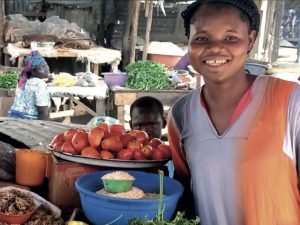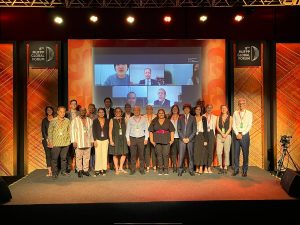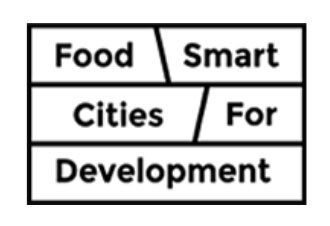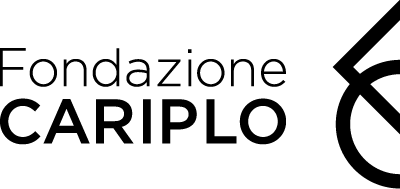A delegation of the Milan Urban Food Policy Pact (MUFPP) is participating in the WUF 9 from 7-13 February 2018 in Kuala Lumpur to highlight the importance of local governments in making food systems more sustainable and resilient.
The fast pace of urbanization is putting under strain the ability of cities to provide appropriate housing, jobs, transportation, improve livelihoods, protect citizens from climate related shocks. Ensuring the right to healthy food for all is particularly challenging and requires a different approach.
Since the launch in 2015, the Milan Urban Food Policy Pact has promoted a systemic approach to food, by promoting the adoption of urban food policies and stimulating the exchange of innovative good practices to enhance the sustainability of production, distribution and consumption of food.
What is the Milan Urban Food Policy Pact doing
- MUFPP gathers 163 cities from 62 countries commited to make their food systems more sustainable and resilient. The Pact includes a framework for action composed by 6 categories and 37 recommended actions that local governments can use and adapt to their context.
- One of the main goals of the MUFPP is to promote and support the exchange of knowledge and good practices among cities. To stimulate this exchange in 2016 the MUFPP secretariat together with Fondazione Cariplo launched the Milan Pact Awards (MPA), an annual competition among signatory cities. The monetary awards are to be used to transfer the winning good practice to another Milan Pact city, providing peer-to-peer technical assistance. 106 good practices have been submitted in two editions of the MPA, and as a result collaboration among cities is growing.
Examples of good practices exchanges are: Mexico City won the MPA in 2016 for its “Community dining rooms” programme: a net of dining room that provide healthy meals in very low income areas employing people from vulnerable groups. The city is now working with Tegucigalpa to design and implement a food security and nutrition programme for children in the capital of Honduras. Dakar has developed a great expertise in micro-gardening: vegetables are cultivated on tables and containers made of recycled materials on a substrate of peanut shells and rice straw. This makes micro-gardens affordable and accessible to everybody, since they require little physical effort. The programme reached more than 10,000 beneficiaries, so far, mostly women and was awarded with a special mention in the 2017 MPA edition. Dakar has started to work with other West African Cities to transfer knowledge on micro-gardening and supporting them in launching their own programmes.
- With the technical support of FAO, MUFPP is developing a monitoring framework, a tool to assess progress made by cities in achieving more sustainable food system, thus to inform policy making and strategy. To achieve this framework, a two years participatory process has been implemented, with different webinars and in person workshops during the Annual Gatherings in 2016 and 2017.
- The Pact and its cities are tightly connected to the global agenda themes of sustainable development. In the last 3 years the MUFPP has been working to connect and address international debates and negotiations such as the NUA, the Paris Agreement on Climate Change, the G7 Health, the Global Nutrition Summit and we are here today. All those events are opportunities for Milan Pact cities to make their voice heard and to affirm the importance of urban food policies and cities as fundamental actors in sustainable development. Moreover, every Annual Gathering are the occasion for Milan Pact cities to share a common declaration that represent the collective voice of Milan Pact cities. Those declarations are drafted by the Steering Committee and can be used as advocacy document throughout the year or for other purposes, such as representing the Pact during events, conferences etc.
The World Urban Forum (WUF) is a non-legislative technical forum convened by the United Nations Human Settlements Programme (UN-Habitat) since 2002. The United Nations General Assembly in its resolution 69/226 recognizes the World Urban Forum as the foremost global arena for interaction among policymakers, local government leaders, nongovernmental organizations and expert practitioners in the field of sustainable urban development and human settlements. The World Urban Forum has also been recognized for its innovative and inclusive nature, making it a unique United Nations event and the world’s premier international gathering on urban issues2 . The Forum gathers a wide range of experts from every walk of life. Participants of the Forum include, but are not limited to, national, regional and local governments, non-governmental organizations, community-based organizations, professionals, research institutions and academies, professionals, private sector, development finance institutions, foundations, media and United Nations organizations and other international agencies.
The delegation of the Milan Urban Food Policy Pact will participate in the event organized by FAO: Growing Partnerships for Sustainable Urban Food Systems, on Saturday 10 February 17:00- 19:00 ONE UN Room
